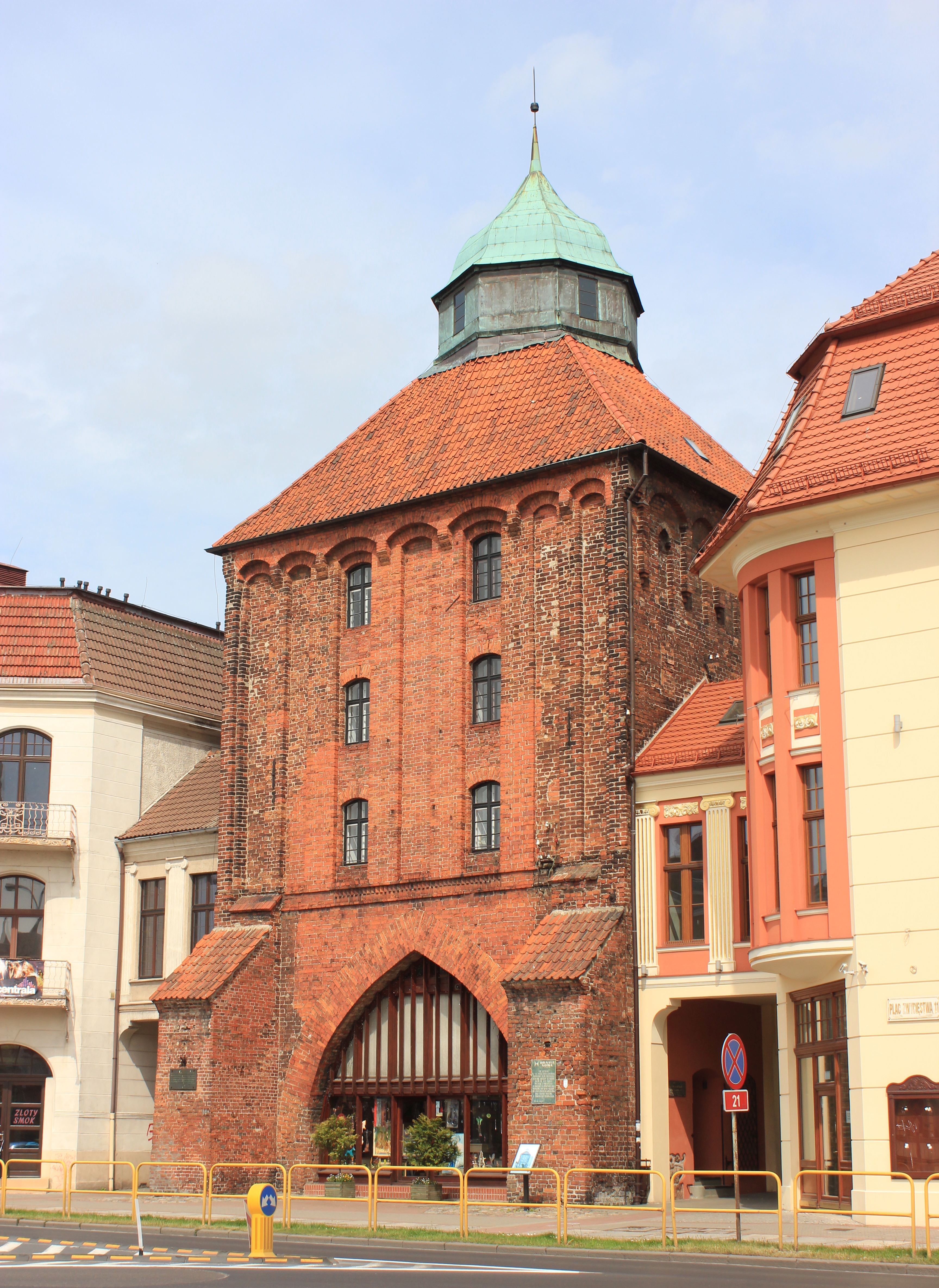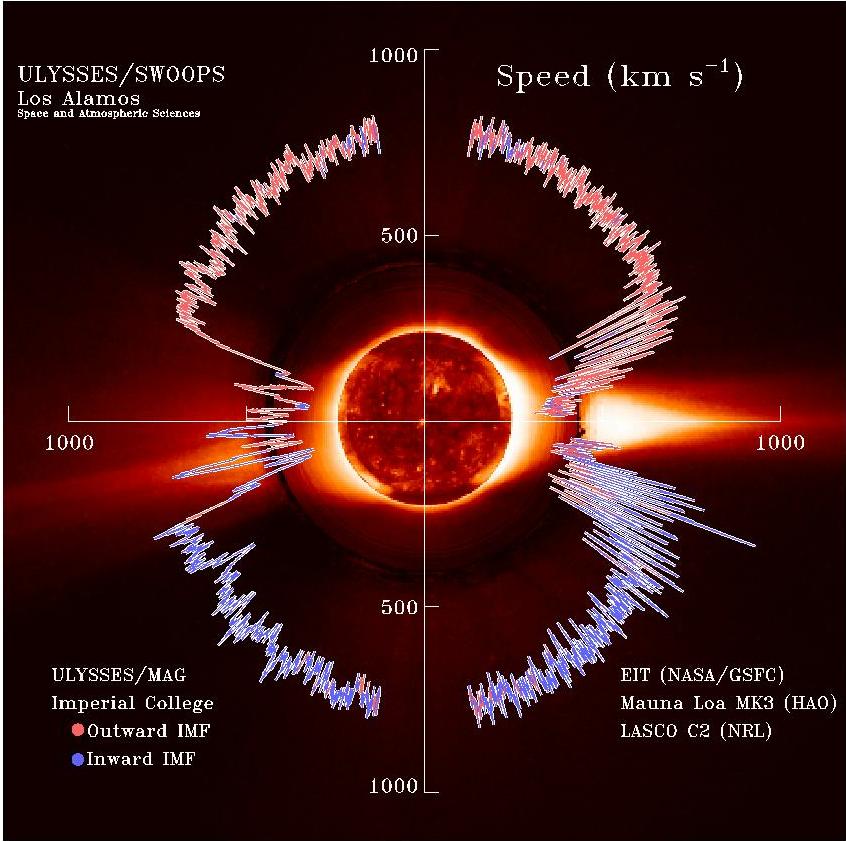|
Johannes Geiss
Johannes Geiss (4 September 1926 – 30 January 2020) was a German physicist. Biography Geiss was born in 1926 in modern-day Poland, the son of farmers Hans Geiss and Irene Wilk. In 1955, he married Carmen Bach. Geiss studied physics in Göttingen from 1947 to 1950. He published his doctoral thesis in 1953, titled ''Isotopenanalysen an „gewöhnlichem Blei“''. He then conducted research on geochronology at the University of Bern and University of Chicago. From 1958 to 1959, Geiss was an associate professor at the University of Miami before returning to Bern, working there until 1991. At Bern he devised the Solar Wind Composition Experiment for the Apollo program to measure the isotopic and elemental composition of noble gases in the solar wind. From 1995 to 2002, he was co-director of the International Space Science Institute. In 2019, a bronze statue of Geiss was erected on the University of Bern campus by Horst Bohnet. Johannes Geiss died on 30 January 2020 at the age of 9 ... [...More Info...] [...Related Items...] OR: [Wikipedia] [Google] [Baidu] |
Słupsk
Słupsk (; ; ) is a city with powiat rights located on the Słupia River in the Pomeranian Voivodeship in northern Poland, in the historical region of Pomerania or more specifically in its part known in contemporary Poland as Central Pomerania () within the wider West Pomerania (). According to Statistics Poland, it has a population of 88,835 inhabitants while occupying , thus being one of the most densely populated cities in the country as of December 2021. In addition, the city is the administrative seat of Słupsk County and the rural Gmina Słupsk, despite belonging to neither. Słupsk had its origins as a Pomeranian settlement in the early Middle Ages. In 1265, it was given city rights. By the 14th century, the city had become a centre of local administration and trade and a Hanseatic League associate. Between 1368 and 1478, it was a residence of the Duchy of Słupsk, Dukes of Słupsk, until 1474 vassals of the Crown of the Kingdom of Poland, Kingdom of Poland. According to ... [...More Info...] [...Related Items...] OR: [Wikipedia] [Google] [Baidu] |
International Space Science Institute
The International Space Science Institute (ISSI) is an Institute of Advanced Studies based in Bern, Switzerland. The institute's work is interdisciplinary, focusing on the study of the Solar System, and encompasses planetary sciences, astrophysics, cosmology, astrobiology, and the Earth sciences. A main activity is the interpretation of experimental data collected by space research missions. ISSI provides various scientific opportunities, such as funding for International Teams and Workshops, to space scientists around the globe to meet and collaborate. With the Johannes Geiss Fellowship, it supports established international scientists to make further demonstrable contributions to Space Science. ISSI is a non-profit organization and a foundation under Swiss law. ISSI operations are supported by grants from the European Space Agency, the Swiss Confederation and the Swiss Academy of Sciences (SCNAT). The University of Bern contributes through a grant to a Director and in-kind facil ... [...More Info...] [...Related Items...] OR: [Wikipedia] [Google] [Baidu] |
People From Słupsk
The term "the people" refers to the public or common mass of people of a polity. As such it is a concept of human rights law, international law as well as constitutional law Constitutional law is a body of law which defines the role, powers, and structure of different entities within a state, namely, the executive, the parliament or legislature, and the judiciary; as well as the basic rights of citizens and, in ..., particularly used for claims of popular sovereignty. In contrast, a people is any plurality of Person, persons considered as a whole. Used in politics and law, the term "a people" refers to the collective or community of an ethnic group or nation. Concepts Legal Chapter One, Article One of the Charter of the United Nations states that "peoples" have the right to self-determination. Though the mere status as peoples and the right to self-determination, as for example in the case of Declaration on the Rights of Indigenous Peoples, Indigenous peoples (''p ... [...More Info...] [...Related Items...] OR: [Wikipedia] [Google] [Baidu] |
2020 Deaths
This is a list of lists of deaths of notable people, organized by year. New deaths articles are added to their respective month (e.g., Deaths in ) and then linked below. 2025 2024 2023 2022 2021 2020 2019 2018 2017 2016 2015 2014 2013 2012 2011 2010 2009 2008 2007 2006 2005 2004 2003 2002 2001 2000 1999 1998 1997 1996 1995 1994 1993 1992 1991 1990 1989 1988 1987 1986 Earlier years ''Deaths in years earlier than this can usually be found in the main articles of the years.'' See also * Lists of deaths by day * Deaths by year (category) {{DEFAULTSORT:deaths by year ... [...More Info...] [...Related Items...] OR: [Wikipedia] [Google] [Baidu] |
1926 Births
In Turkey, the year technically contained only 352 days. As Friday, December 18, 1926 ''(Julian Calendar)'' was followed by Saturday, January 1, 1927 '' (Gregorian Calendar)''. 13 days were dropped to make the switch. Turkey thus became the last country to officially adopt the Gregorian Calendar, which ended the 344-year calendrical switch around the world that took place in October, 1582 by virtue of the Papal Bull made by Pope Gregory XIII. Events January * January 3 – Theodoros Pangalos declares himself dictator in Greece. * January 8 **Ibn Saud is crowned ruler of the Kingdom of Hejaz. ** Crown Prince Nguyễn Phúc Vĩnh Thuy ascends the throne as Bảo Đại, the last monarch of the Nguyễn dynasty of the Kingdom of Vietnam. * January 16 – A British Broadcasting Company radio play by Ronald Knox about workers' revolution in London causes a panic among those who have not heard the preliminary announcement that it is a satire on broadcasting. * January 21 ... [...More Info...] [...Related Items...] OR: [Wikipedia] [Google] [Baidu] |
Albert Einstein Medal
The Albert Einstein Medal is an award presented by the Albert Einstein Society in Bern. First given in 1979, the award is presented to people for "scientific findings, works, or publications related to Albert Einstein" each year. Recipients Source:''Einstein Society * 2025: Robert Wald * 2023: Luc Blanchet * 2020: Event Horizon Telescope (EHT) scientific collaboration * 2019: Clifford Martin Will * 2018: Juan Martín Maldacena * 2017: LIGO Scientific Collaboration and the Virgo Collaboration * 2016: Alexei Yuryevich Smirnov * 2015: Stanley Deser, Charles Misner * 2014: Tom W. B. Kibble * 2013: Roy Kerr * 2012: Alain Aspect * 2011: Adam Riess, Saul Perlmutter * 2010: Hermann Nicolai * 2009: Kip Stephen Thorne * 2008: Beno Eckmann * 2007: Reinhard Genzel * 2006: Gabriele Veneziano * 2005: Murray Gell-Mann * 2004: Michel Mayor * 2003: George F. Smoot * 2001: Johannes Geiss, Hubert Reeves * 2000: Gustav Tammann * 1999: Friedrich Hirzebruch * 1998: Claude ... [...More Info...] [...Related Items...] OR: [Wikipedia] [Google] [Baidu] |
Academia Europaea
The Academia Europaea is a pan-European Academy of humanities, letters, law, and sciences. The Academia was founded in 1988 as a functioning Europe-wide Academy that encompasses all fields of scholarly inquiry. It acts as co-ordinator of European interests in national research agencies. History The concept of a 'European Academy of Sciences' was raised at a meeting in Paris of the European Ministers of Science in 1985. The initiative was taken by the Royal Society (United Kingdom) which resulted in a meeting in London in June 1986 of Arnold Burgen (United Kingdom), Hubert Curien (France), Umberto Colombo (Italy), David Magnusson (Sweden), Eugen Seibold (Germany) and Ruurd van Lieshout (the Netherlands) – who agreed to the need for a new body. The meeting also included Brian Flowers and John Kendrew. Another, larger meeting took place in October 1986 with participants representing some countries in the Council of Europe and was in support for the development of a Eur ... [...More Info...] [...Related Items...] OR: [Wikipedia] [Google] [Baidu] |
Allan D
Allan may refer to: People * Allan (given name), a list of people and characters with this given name * Allan (surname), a list of people and characters with this surname * Allan (footballer, born 1984) (Allan Barreto da Silva), Brazilian football striker * Allan (footballer, born 1989) (Allan dos Santos Natividade), Brazilian football forward * Allan (footballer, born 1991) (Allan Marques Loureiro), Brazilian football midfielder * Allan (footballer, born 1994) (Allan Christian de Almeida), Brazilian football midfielder * Allan (footballer, born 1997) (Allan Rodrigues de Souza), Brazilian football midfielder * Allan (footballer, born 2004) (Allan Andrade Elias), Brazilian football midfielder Places * Allan, Queensland, Australia * Allan, Saskatchewan, Canada * Allan Water (Ontario), a river * Allan, the Allaine river's lower course, in France * Allan, Drôme, town in France * Allan, Iran (other), places in Iran * Bridge of Allan, Central Scotland, a town on ... [...More Info...] [...Related Items...] OR: [Wikipedia] [Google] [Baidu] |
American Academy Of Arts And Sciences
The American Academy of Arts and Sciences (The Academy) is one of the oldest learned societies in the United States. It was founded in 1780 during the American Revolution by John Adams, John Hancock, James Bowdoin, Andrew Oliver, and other Founding Fathers of the United States. It is headquartered in Cambridge, Massachusetts. Membership in the academy is achieved through a nominating petition, review, and election process. The academy's quarterly journal, '' Dædalus'', is published by the MIT Press on behalf of the academy, and has been open-access since January 2021. The academy also conducts multidisciplinary public policy research. Laurie L. Patton has served as President of the Academy since January 2025. History The Academy was established by the Massachusetts legislature on May 4, 1780, charted in order "to cultivate every art and science which may tend to advance the interest, honor, dignity, and happiness of a free, independent, and virtuous people." The sixty-tw ... [...More Info...] [...Related Items...] OR: [Wikipedia] [Google] [Baidu] |
French Academy Of Sciences
The French Academy of Sciences (, ) is a learned society, founded in 1666 by Louis XIV at the suggestion of Jean-Baptiste Colbert, to encourage and protect the spirit of French Scientific method, scientific research. It was at the forefront of scientific developments in Europe in the 17th and 18th centuries, and is one of the earliest Academy of Sciences, Academies of Sciences. Currently headed by Patrick Flandrin (President of the academy), it is one of the five Academies of the . __TOC__ History The Academy of Sciences traces its origin to Colbert's plan to create a general academy. He chose a small group of scholars who met on 22 December 1666 in the King's library, near the present-day Bibliothèque nationale de France, Bibliothèque Nationale, and thereafter held twice-weekly working meetings there in the two rooms assigned to the group. The first 30 years of the academy's existence were relatively informal, since no statutes had as yet been laid down for the ins ... [...More Info...] [...Related Items...] OR: [Wikipedia] [Google] [Baidu] |
Solar Wind
The solar wind is a stream of charged particles released from the Sun's outermost atmospheric layer, the Stellar corona, corona. This Plasma (physics), plasma mostly consists of electrons, protons and alpha particles with kinetic energy between . The composition of the solar wind plasma also includes a mixture of particle species found in the solar plasma: trace amounts of heavy ions and atomic nuclei of Chemical element, elements such as carbon, nitrogen, oxygen, neon, magnesium, silicon, sulfur, and iron. There are also rarer traces of some other nuclei and isotopes such as phosphorus, titanium, chromium, and nickel's isotopes 58Ni, 60Ni, and 62Ni. Superimposed with the solar-wind plasma is the interplanetary magnetic field. The solar wind varies in density, temperature and speed over time and over Solar coordinate systems#Heliographic, solar latitude and longitude. Its particles can escape the Sun's gravity because of their high energy resulting from the high temperature of t ... [...More Info...] [...Related Items...] OR: [Wikipedia] [Google] [Baidu] |


